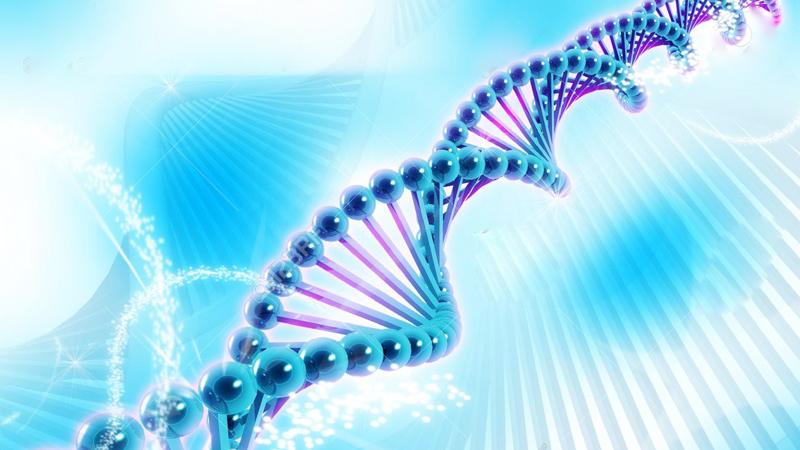
With the drastic effects of climate change and the deleterious impact this will have on agriculture production, particularly for farmers who are least equipped to deal with such a situation, integrating modern biotechnology to agricultural production methods is one way of meeting the food needs, says an expert.
Modern biotechnology is a technological application that modifies the genetic makeup of living organism to give it a new feature. Organisms created through this technology are genetically modified organisms (GMOs). This technology is beneficial to many sectors.
The benefits of modern biotechnology spans across many industries including agriculture and medicine. In medicine, the technology could be used to produce effective and efficient vaccines, therapeutic antibodies, antibiotics and other pharmaceuticals. In agriculture, to improve the yields of crop and animal species and their product quality such as nutritional value and shelf life, Project Coordinator, National Bio Safety Framework, Emeritus Professor Athula Perera said.
Among the concerns about the GM foods are having proteins that may induce an allergic reaction, concern about GM plants in the open field and the potential transfer of modified genes through pollen to other wild varieties and making them ‘super weeds’, he noted.
“Considering the latest advancements in the field of biotechnology and the significant benefit of this technology in agriculture and healthcare, it is imperative that we consider the products of modern biotechnology at a broader level,” Prof. Perera said.
From human insulin to drought-resistant plants, modern biotechnology has contributed towards the betterment of humankind and improved the quality of life. With the drastic effects of climate change and the deleterious impacts on agriculture production, particularly for farmers who are least equipped to deal with such a situation, integrating modern biotechnology to agricultural production methods is one way of meeting food needs. Several countries in the region are already making use of genetically modified plants such as cotton, corn and brinjal, he said.
“The use of biotechnology has both positive and negative impacts. However, considering the importance of this tool, we need to practice bio safety which will mitigate the negative impact of this technology,” Prof. Perera said.
Bio safety refers to the need to protect human health and the environment from the possible adverse effects of GMOs. It describes efforts to reduce and eliminate the potential risks that may result from modern biotechnology and its products.
The government has implemented a National Bio-safety Framework (NBF) and a national policy on bio safety. The final draft of the Bio-safety Act is pending approval. The national bio safety project which has been implemented in accordance with the Cartagena Protocol is a Global Environment Facility (GEF) funded project by the Ministry of Mahaweli Development and Environment (MoMDE) through the Food and Agriculture Organization (FAO) of the United Nations.
The aim of the national bio safety project is to strengthen Sri Lanka’s regulatory, institutional and technical capacity for the effective implementation of the NBF through strengthening institutional and regulatory framework in bio safety, enhancing the system for risk assessment, risk management and risk communication, developing the technical capacity for detection and identification of GMOs and sharing of knowledge and public awareness in bio safety.
The Cartagena Protocol on Bio-safety (CPB) is an international agreement which aims to ensure the safe handling, transport and use of GMOs that may have adverse effects on biological diversity, taking also in to account risks to human health. Sri Lanka signed the protocol in 2000 and ratified it in 2004. The MoMDE is the national focal point for the CPB while the Biodiversity Secretariat coming under its purview acts as the implementing centre.
